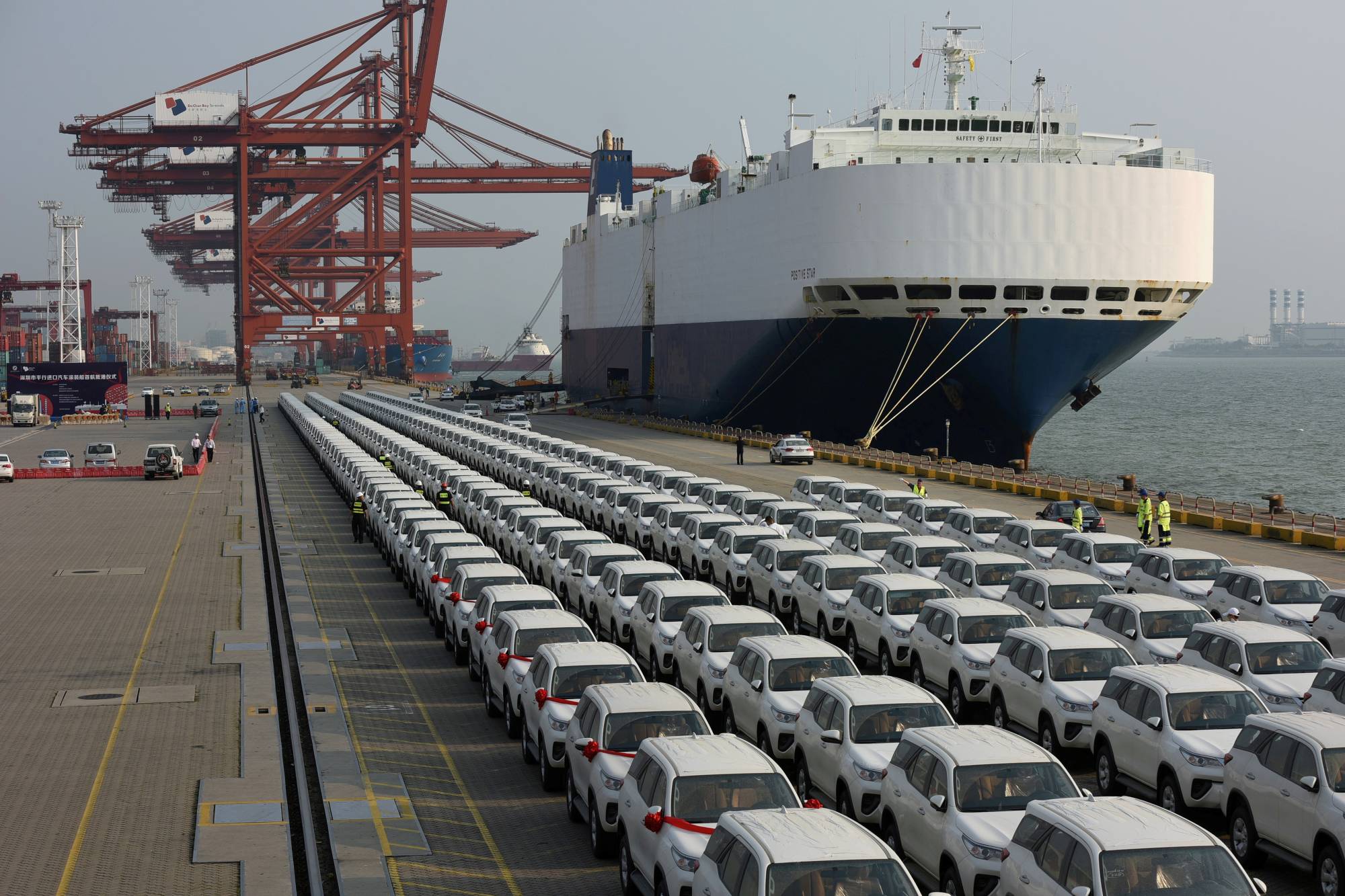Toyota Motor Corp. may have pioneered the just-in-time manufacturing strategy, but its decision to stockpile the chips that have become key components in cars goes back a decade to the Fukushima disaster.
After the catastrophe severed Toyota's supply chains on March 11, 2011, the world's biggest automaker realized the lead-time for semiconductors was far too long to cope with devastating shocks such as natural disasters.
The automaker came up with a business continuity plan (BCP) that required suppliers to stockpile anywhere from two to six months' worth of chips, depending on the time it takes from order to delivery, four sources said.



















With your current subscription plan you can comment on stories. However, before writing your first comment, please create a display name in the Profile section of your subscriber account page.